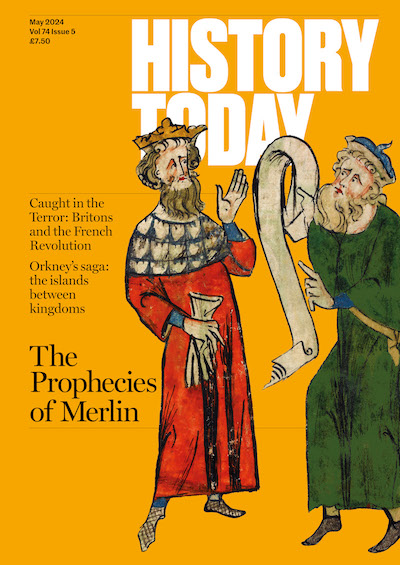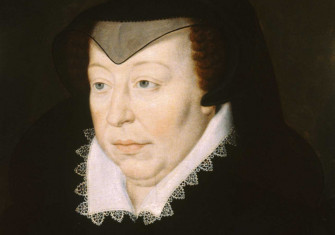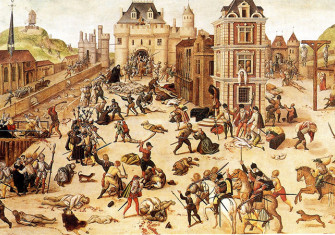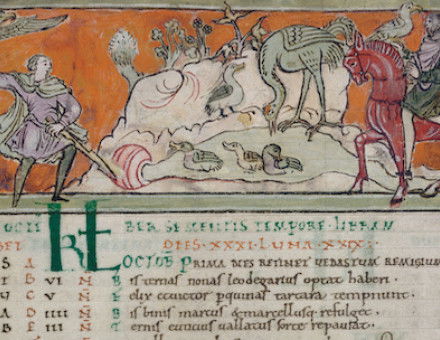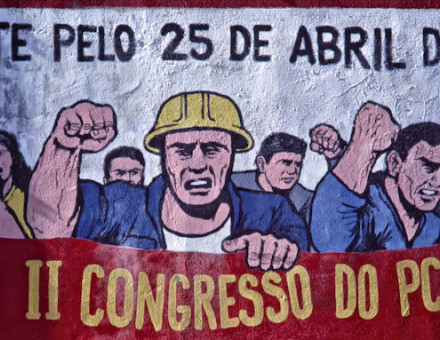Henri of Navarre: The Conclusion of the French Wars of Religion
Henri of Navarre is one of the most complex and fascinating personalities among the ruler of France.
Few figures from the past have fascinated French historical thinking so much as has the life and personality of Henri of Navarre. He has been the flamboyant, chivalrous Gascon hero, and also the King for whom Paris was worth a mass, for whom principles were less important than the dictates of political expediency. His fame has made it all the more difficult to distinguish the man from the legend. Even in his very lifetime his biographers were determined to paint in one colour a portrait that needed many hues to do the sitter justice. To the Politiques he was the King who had restored national unity after the anarchy of civil war and thwarted the desire of Spain to make France her dependency. To many of his Huguenot followers he was the leader who had betrayed his faith, and his cause, at the moment of achieving the success which their efforts had made possible. To ultramontane French Catholics his convenient religious apostasies displayed a fundamental insincerity, and the details of his private life showed an absence of moral fibre. His later reputation has varied with the spirit of each succeeding age. He suffered eclipse before the glories of his grandson, Louis XIV.

